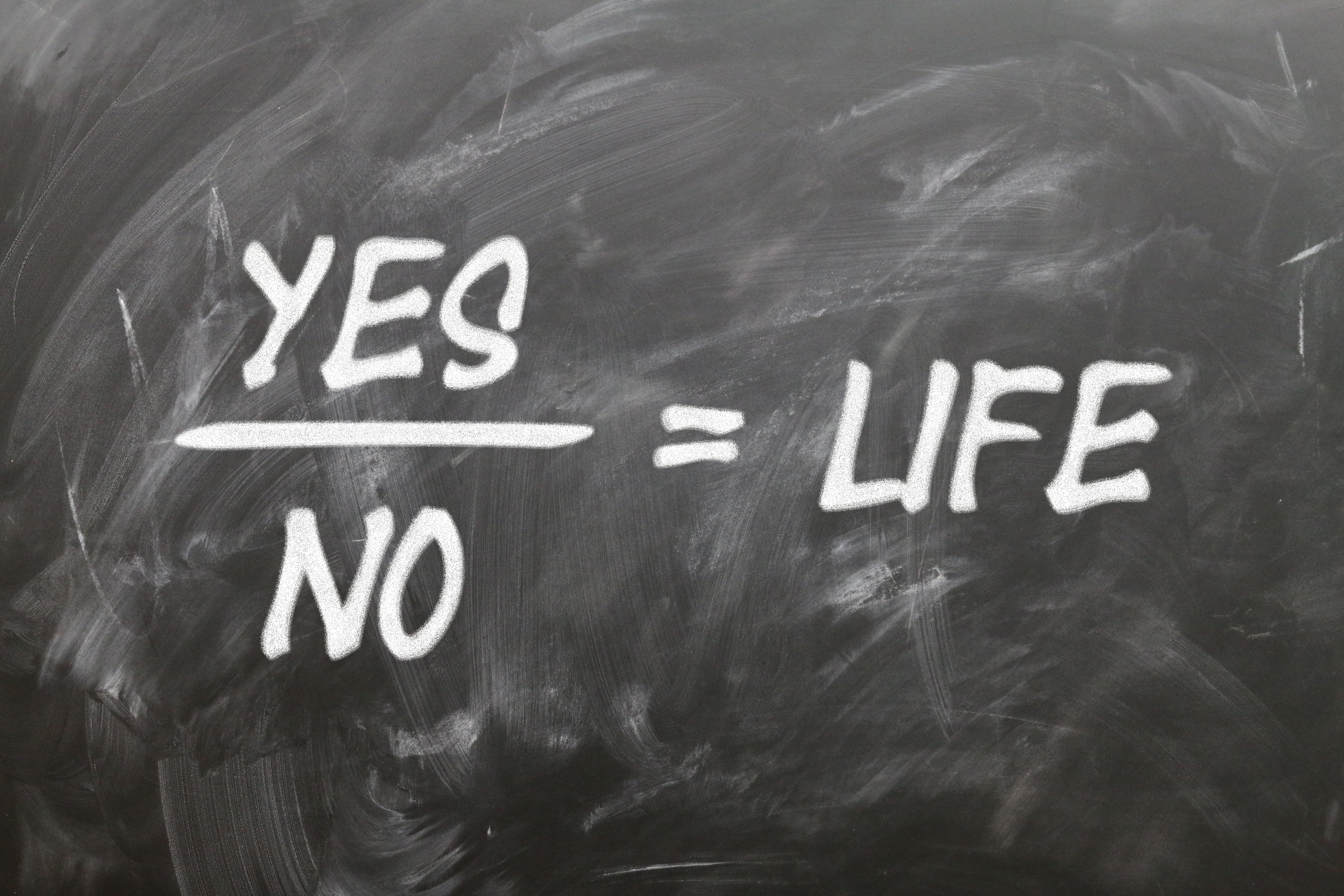I’m all about setting goals and working toward big projects over time. When you have a big goal, especially one with a clear end point, it’s easy to know when you’ve achieved it. But most big goals take time, and—as I’ve been learning—our lives consist of more than just a series of work-oriented projects that occupy our time.
No, to truly define success, we need to think of both these long-term goals and the actions we take every day. We also need to ensure our lives are in proper order. The challenge lies in the middle: how do we accomplish all of this?
Therefore, it may be more helpful to create an alternative method of evaluating ourselves as we go along. Here are seven different ideas to consider.
1. At the end of the day, ask yourself, “Did today matter?”

Sure, you could spend a long time thinking back on your to-do list and reviewing your calendar. And what were all those emails about? But when you ask yourself this question, chances are you’ll know the answer intuitively.
Did today matter? If so, great. Do more things like it tomorrow. Can’t remember anything in particular that made a difference? Well, better change it up.
2. Define success at the outset of every day, or (even better) the night before.

Before you hit the ground running, take a few moments in meditation or thoughtfulness to decide what you’d like to see happen by the end of the day. Again, be sure to prioritize: it would be great to make a ton of progress on everything, but you probably won’t. What’s most important? What is realistic to achieve?
“Man is a success when he gets up in the morning and goes to bed at night. And in between, does what he wants.” -Bob Dylan
Trending: Navy SEAL Secrets for High Performance Under Pressure
Making this decision has a side benefit. In addition to helping you focus, when you’re able to hit that definition of success, you have an automatic answer to the question of “Did today matter?” Of course it mattered, because you did what you said you would.
3. Use ActionAlly to remind yourself of your 2-3 priorities.

My long-time friend and genius developer Nicky Hajal recently created a new tool called ActionAlly, which is software for your Mac (no Windows version yet, sorry) that will remind you throughout the day of the 2-3 things you’ve selected as most important in your life.
ActionAlly is very different from most productivity tools. Instead of helping you do more, it will actually help you do less–but do it better. Whoa, what a concept.
4. Do that thing that you’ve been putting off.

Procrastinators, unite! Or on second thought, let’s wait until tomorrow.
There’s one sure-fire way to get that thing done that you’ve been putting off: do it before you do anything else. Don’t let yourself answer any email, begin work on something new, or even—shock and awe—have your first cup of coffee or tea before doing that dreaded thing.
I know, it’s complicated. And when there’s something you’re really avoiding, you very well may want to resist it. But this method works.
5. Create new metrics.

I use metrics to measure a lot of my business goals. How are product sales going? How’s the blog—who’s reading, and who’s visiting?
When I was going to every country in the world, I had an easy metric: the number of countries I’d visited, cross-referenced against the total number of existing countries (I’m at 193/193 now, which is… fun).
But these metrics, as appropriate as they are to these kinds of goals, aren’t comprehensive for our whole lives. So if you’re seeking harmony or just a different way to stay on track with all aspects of your life, maybe you need some new metrics.
Here’s a new habit for me: “Every day in 2015 I will write or call one friend.” The habit correlates with an easy metric: How many days did I practice this habit?
Trending: How to Make Menopause the Best Time of Your Life
I started two weeks before the end of 2014, and so far I’m doing great. As with writing 1,000 words a day, I may miss a day once in a while, but the point is that it’s a habit—if I get off track, I’ll find my way back.
I asked on Twitter if anyone else had an unconventional way of measuring daily success. I especially liked these two answers:
@chrisguillebeau Did I find time for spiritual remembrance, and a sense of both gratitude and longing.
— Sophia Khan (@sophiasstudio) December 29, 2014
@chrisguillebeau Did I help someone today who needed help?
— john scardino (@thisisjohnny) December 29, 2014
6. Increase your units of momentary happiness.

Trending: Microsoft, Google, and Beyond: What Business at the Cutting-Edge of AI Looks Like
I wrote about units of momentary happiness after reading Springboard by G. Richard Shell. The concept is simple, yet valuable: think of those times when you actively felt happy. Do more of them.
How many times did you feel happy today? Where did those moments come from? How can you have more of them?
7. Answer two questions at the outset of every day.
If the idea of defining success proves elusive, or you just don’t want to think of your top 2-3 priorities, take a different approach and ask yourself these two questions at the start of the day:
• How are you feeling?
• What do you want?
Take the time to actually write down your answers, even if it’s just a short sentence or two for each or a quick set of words and phrases that make sense to you. Throughout the day, whenever you have a choice of how to spend your time, think back on your answers. Perhaps the best solution will spring to mind, or at least orient you in the right direction.
A version of this post appeared on Chris Guillebeau’s website where he writes about work, life, and travel.































